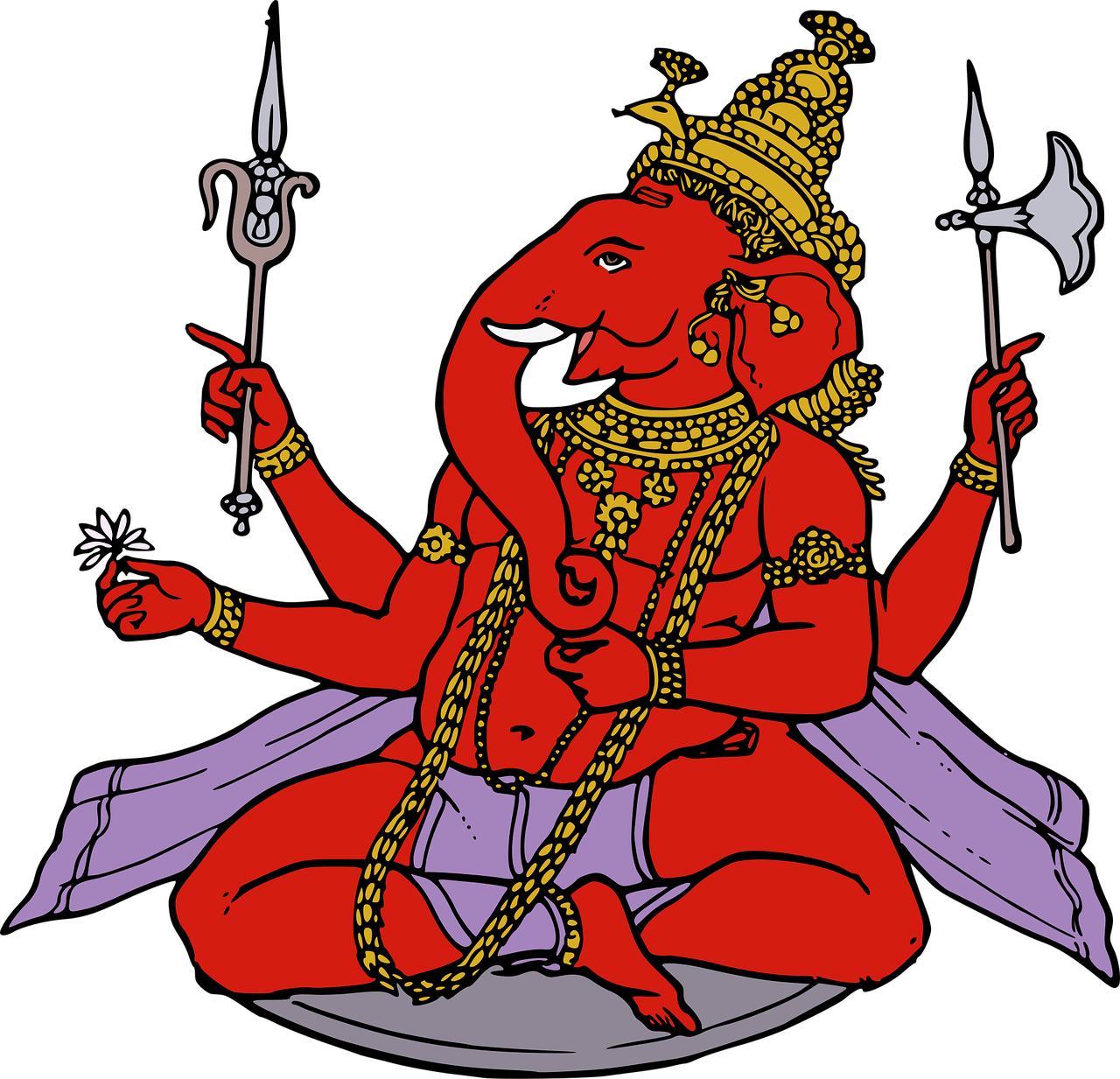Title: Naming Conventions in Western Culture

In Western culture, naming conventions vary across regions, but certain common practices and traditions are followed. Here's a breakdown of the rules and considerations:
1. Given Names:
First Name:
This is the personal name given to an individual at birth or during a naming ceremony. It's often chosen based on family traditions, cultural influences, or simply personal preferences.
Middle Name:
Many individuals have a middle name, which could be a second given name, a family name, or even a name chosen for its significance or meaning.
Surname (Last Name):
This is the family name passed down from one generation to another. In some cultures, such as Englishspeaking countries, the surname is inherited from the father's side, while in others, like Spanishspeaking cultures, it can come from both the father's and mother's surnames.2. Cultural Influences:
Religious Names:
In predominantly Christian societies, names may be chosen based on biblical figures or saints. For example, John, Mary, or Christopher.
Historical Figures:
Some parents opt for names of historical figures they admire or find significant, such as Alexander, Eleanor, or Lincoln.
Literary References:
Names inspired by literature, mythology, or popular culture are also common. Examples include Hermione (from Harry Potter), Athena (from Greek mythology), or Atticus (from To Kill a Mockingbird).3. GenderSpecific Names:
Traditional Gender Norms:
While there's increasing flexibility in gender expression and naming conventions, certain names historically have been associated with specific genders. For instance, Emily and Charlotte are more commonly feminine names, while James and William are more commonly masculine.
Unisex Names:
Some names are considered unisex and can be used for individuals of any gender. Examples include Taylor, Jordan, or Alex.4. Family and Cultural Traditions:
Patronymic/Matronymic Naming:
In some cultures, individuals may inherit their last names from their father (patronymic) or mother (matronymic). For instance, in Iceland, surnames are often derived from the father's first name with the addition of "son" or "dottir."
Surname Changes:
Traditionally, women often took their husband's surname upon marriage in many Western cultures, but this practice is becoming less common. Couples may choose to hyphenate their surnames or combine them in other ways.5. Modern Trends and Creativity:
Unique Spellings:
Some parents opt for unique spellings of traditional names to give their child a sense of individuality. For example, "Kaitlyn" instead of "Caitlin" or "Aiden" instead of "Aidan."
Invented Names:
Occasionally, parents invent entirely new names or combine elements of existing names to create something unique. These names may be inspired by sounds, meanings, or personal significance.
Surnames as First Names:
Using surnames as first names has become a popular trend in recent years. Examples include Madison, Parker, or Harper.6. Legal Considerations:
Naming Laws:
Some countries have specific laws governing what names are acceptable for children. These laws may restrict the use of offensive or misleading names, as well as names that could cause harm or ridicule.
Registration:
Parents are typically required to register their child's name with the government shortly after birth. This process ensures that the name is legally recognized and recorded for official documents.7. Cultural Sensitivity:
Respecting Cultural Backgrounds:
In multicultural societies, it's important to consider the cultural significance and implications of names. Avoiding cultural appropriation or insensitivity is crucial when naming children.In conclusion, naming conventions in Western culture are diverse and influenced by a variety of factors, including tradition, culture, personal preferences, and legal requirements. While there are common practices, individual creativity and cultural sensitivity play significant roles in the naming process. Ultimately, the chosen name often reflects the values, beliefs, and aspirations of the parents and holds significance for the individual throughout their life.
免责声明:本网站部分内容由用户自行上传,若侵犯了您的权益,请联系我们处理,谢谢!联系QQ:2760375052











